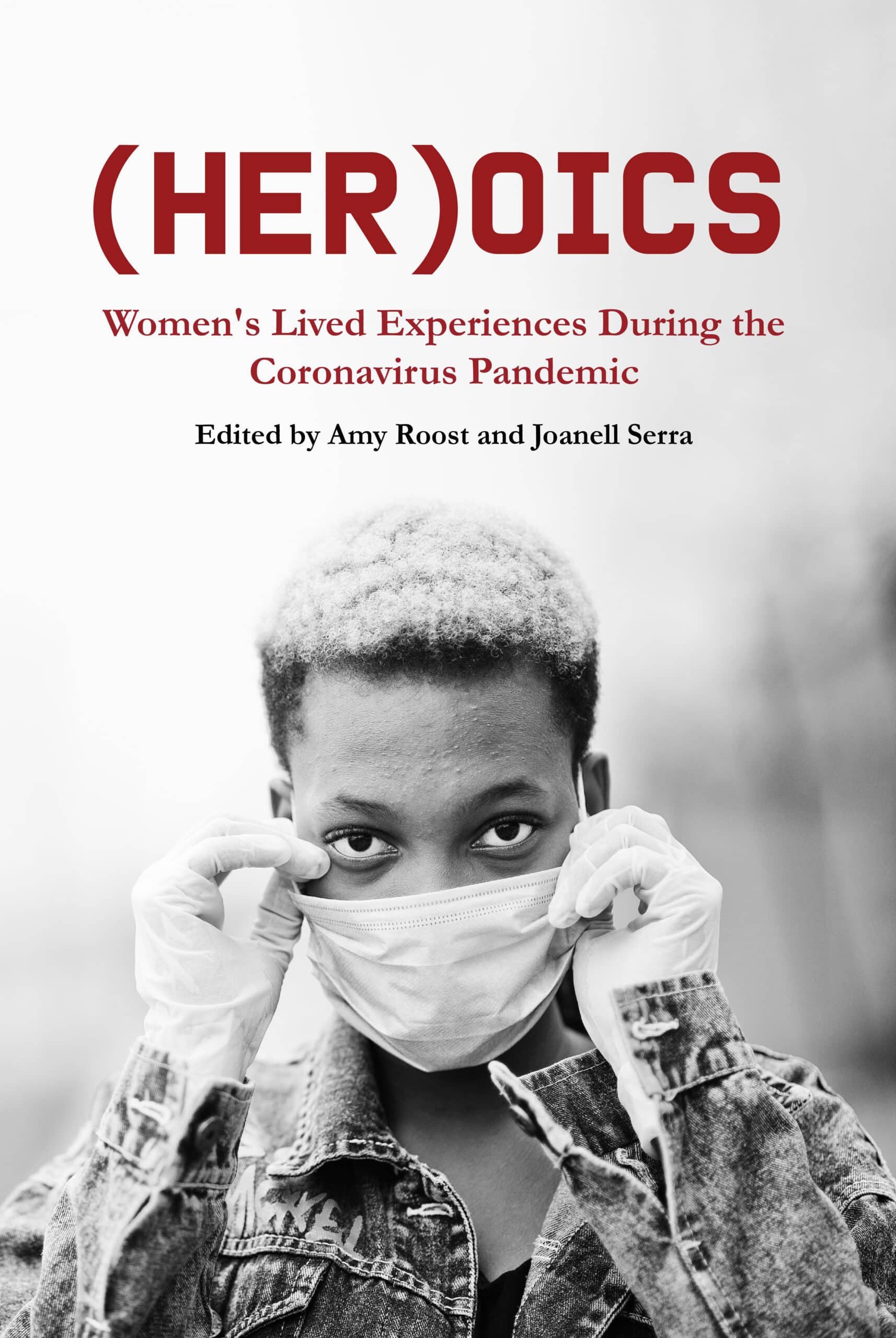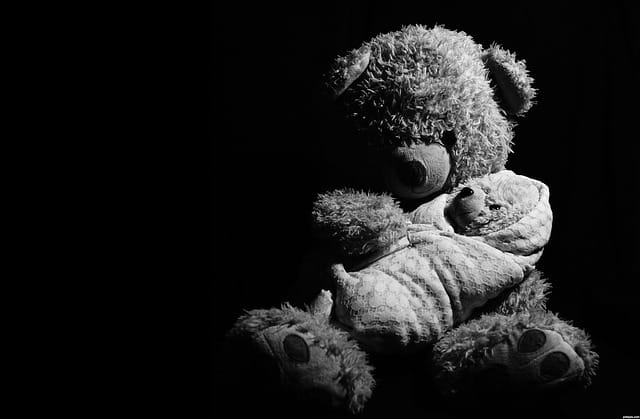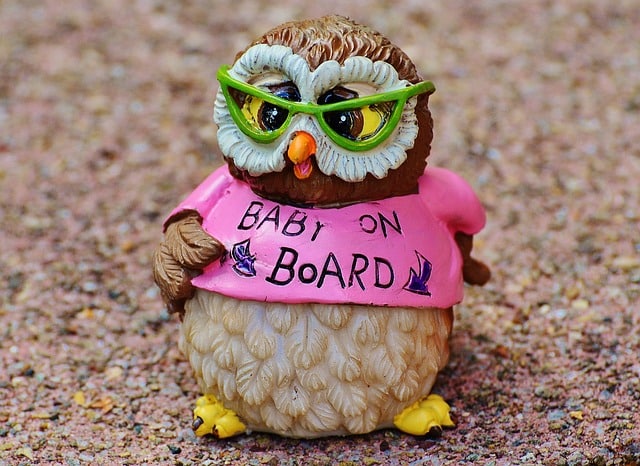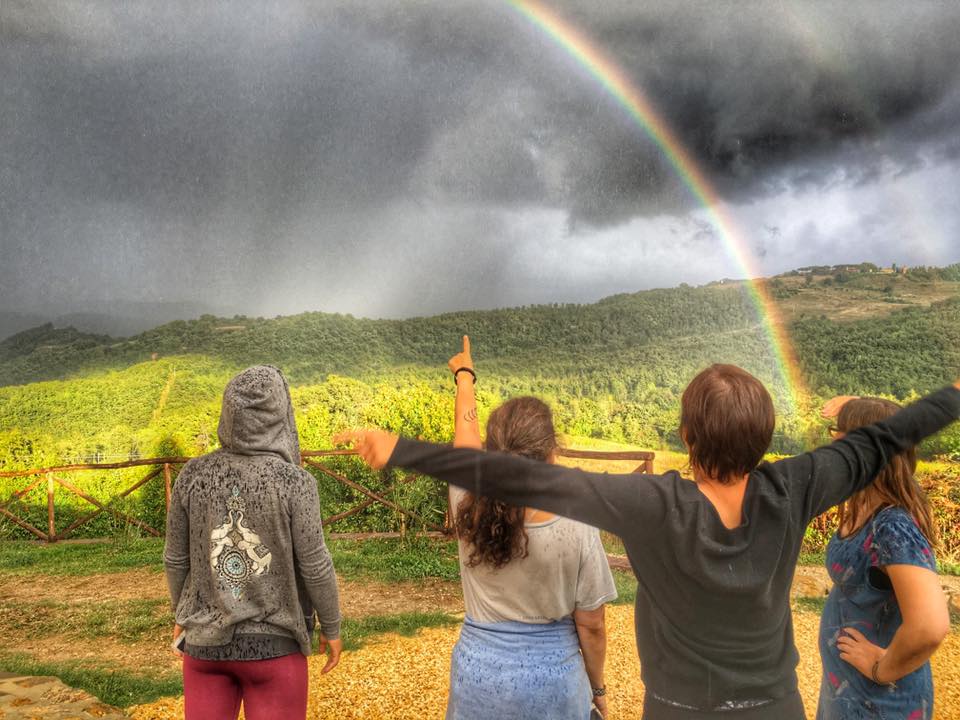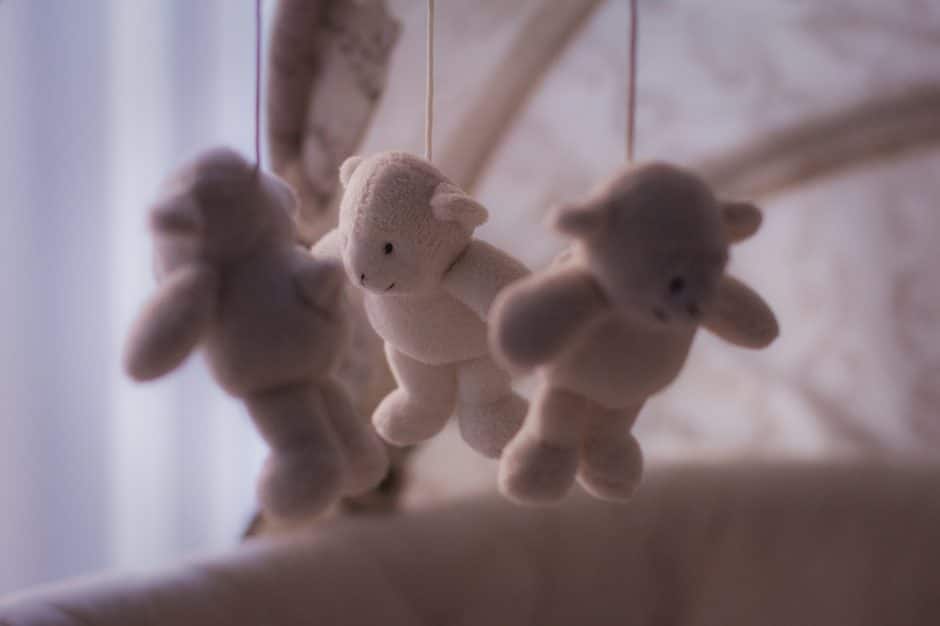By Samina Najmi
This is an essay I don’t want my son to read.
When Cyrus first arrived at the daycare center, a handsome two-year-old with dimpled cheek, he refused to take his coat off. For weeks the battle raged. Even when he could be persuaded to walk into his classroom and sit at the communal table, he would not permit anyone to unzip his puffy yellow coat or slide the hood from his head. His teacher, a no-nonsense young woman concerned about the hazards of overheating, insisted. Cyrus would back away, clutching at his chest as she approached, but stronger hands than his pried his fingers away and retrieved the shrinking arms from the yellow sleeves that cocooned them. He’d crumple in the corner, then, his body hiccuping with sobs.
By the time Cyrus was four years old, he was already a staunch creature of habit. Every morning he climbed down from the top of the bunk-bed, one careful step at a time, with a plush animal or two ensconced under his arm, and at the end of each day he gathered his critters and climbed back up the ladder to bed. No matter how late the night or how tired his legs, Cyrus never left his critters behind.
But then his mother accepted a tenure-track position in the English Department at Fresno State. During the five months in which our family of four had to pack up our lives in Massachusetts and move to California, Cyrus sorrowed for what he was about to lose: the bedroom lined with bookshelves that he shared with his older sister, Maya; the swing-set in the sprawling backyard with grass that his father mowed on a mini tractor, sometimes with Cyrus sitting ensconced between his knees; the above-ground pool he would venture into only with a yellow float that resembled a lifejacket; his preschool friends and teachers who had been part of his world for fully half his life–in a word, everything he knew.
I helped as I knew how: by buying children’s books on the subject. Together we followed the Berenstain Bears’ move from mountain cave to tree-house and Tigger’s move to a new home; we read about a human family’s sudden accumulation of cardboard boxes from the perspective of their dog, Boomer. In fact, I discovered scores of stories about animals whose families were about to relocate. The one Cyrus asked me to read most often featured a little boy mouse and bore the title: I’m Not Moving, Mama!
Ten years later Cyrus would have to move again, this time within Fresno, following his parents’ divorce. I’ll worry about its effect on him, but though he’ll be more tentative about the condo than his sister, he will be surer of it than I. At fourteen, the relief of not having to water backyard trees or skim a pool, and the coolness factor of having the boutique drinks of Dutch Bros nearby will outweigh any sense of loss. This time it will be our four-year-old cat Winnie who’ll spend the first months after the move huddled in a cardbox box in our new garage.
But back then as we packed for the transcontinental move, Cyrus refused to part with any of his belongings, so we paid to have them all–not just the stuffed animals but every building block, every monster truck, every long-lost board-book, old socks, and worn shoes–we paid by the pound to have all of them driven three thousand miles in a big moving truck that sported the word Atlas on a blue wave across its breadth.
On the six-hour flight from Boston to San Francisco, Cyrus sat somber and resigned, like a kitten in a carry-cage that had stopped meowing but couldn’t be made to purr. An enthusiast about every mode of transportation, he allowed himself to be distracted only briefly by the airplane’s wing or the terrain below it. Often I’d look up to find his eyes holding the tears that would neither quell nor drop.
A single photograph captures the moment of Cyrus’s arrival at Fresno airport: he stands with his older sister at the top of the downward escalator in the terminal, a giant “Welcome to Fresno” sign visible above their small frames. Maya looks around her with bright, inquisitive eyes and a smile forming on her lips. Cyrus, on the other hand, wears a wary expression and a navy blue t-shirt with BOSTON in big red letters across his chest.
That first year, in addition to my new tenure-track job, the family had to adjust to the fact that dad was no longer working from home. This was especially hard for Cyrus. “I wish Daddy didn’t have a job,” he said more than once. (Until, within the year, his wish came true.) I arose at 5:00am to prepare or overprepare for my classes and get myself and my children ready for the day. I’d drop Maya off at Malloch Elementary and Cyrus at Kiddie Kare–the preschool he had picked over the more prestigious Fairmont on account of the quality of its playground (and yes, I gave him the choice because he had so few choices). Then I made my way twenty minutes east to Fresno State. I was teaching new courses and adapting to the rhythms of a large public university where the culture differed significantly from the small private colleges I had taught at until then. I was being tested and I didn’t want to fail.
Cyrus added to the challenges of my first year on the job by dragging his feet every morning. The day would begin pleasantly enough. He’d be the first person to awake after me, and as soon as he did so, he’d climb down from the bunk-bed with the stuffed toys du jour and come looking for Mama in the family room. He’d find her predictably reading on the couch, pen in hand. Our unspoken ritual dictated that I set my tome aside for a few minutes while he rested his head on my lap, and together we listened for the birdies. I didn’t know then how abruptly such rituals end or how often I would return to that morning communion between us when the teen years came. There are days now when my son will emerge from his bedroom and walk at brisk, preoccupied pace right past the living room, unseeing. But back then I would have to say, “Time for us to get up now, love.” And somehow as soon as the moment of idyllic stasis was behind us, as it came time to get dressed and head out of the house, the morning demanded some combination of coaxing, humoring, arguing, and reprimanding to get Cyrus out the door on time. Somehow, we managed.
Until one day, six months into the new school year, it got to me. And it was the morning of Cyrus’s fifth birthday.
He had come looking for me in the living room that cold February morning, his footsteps soft against the Mexican tiles of the hallway. But instead of bounding toward the couch, he paused at the threshold with smiling eyes, clutching Pinkie, the plush poodle, in one hand, his slender body wrapped in the fleece robe his grandmother had made him for Christmas. I went up to hug him before we returned to the couch together. That morning at the breakfast table he laughed at everything, the Birthday Boy, his dimples deep with the giddiness of turning five.
I don’t know when it began or how it escalated, but an hour later, the scene had shifted. Maya was dressed and ready, as was I. Also ready to go was a half-sheet marble cake for Cyrus’s classmates with strawberry filling and a miniature Lightning McQueen parked atop the icing. Then Cyrus was protesting–was it about wearing a sweater? putting his shoes on?–and I was trying to reason with him. Next thing I knew I was shrieking at him in a voice I couldn’t recognize as my own. It wasn’t even the worst of his procrastinations, but I couldn’t scale back. My words, whatever they were, bounced off the dark Mexican tiles and resounded throughout the high-ceilinged house. Maya stared. Six months of practiced patience at home and nervous diligence at work had erupted in unaccustomed volume that terrorized the five-year-old boy before me. His shoulders shook from the force of his sobs.
I like to think I didn’t let him cry for long. That I recovered my sense of proportion, abandoning whatever had seemed important to insist upon a few minutes ago. I held him until the sobs subsided, led him to the bathroom to wash his face and pat it dry, my fingers smoothing his dark hair.
I load the Lightning McQueen cake into the minivan. We drop Maya off at Malloch and within five minutes we have arrived at Kiddie Kare. As I reach for the sheet cake on the backseat, I wonder if Cyrus is a tad too quiet. The teacher takes the cake from my hands and assures me that the children will enjoy it. “Cyrus makes everyone laugh,” she says.
My husband and I had gone all out for our son’s fifth birthday, his first one in Fresno. We even colluded in buying him the big, red motorized All Terrain Vehicle he could only imagine owning. After Kiddie Kare, there was Pump It Up, an extravagant space where brother and sister bounced their hearts out together. The following day we hosted Cyrus’s four close friends from preschool, all of them boys who displayed good-natured envy of his new ATV and took turns driving it around our backyard. Photographs show Cyrus and his playmates with exuberant expressions, intent on their fun. All evidence suggests a happy birthday.
So why has that morning been on my mind these past few weeks of summer? Cyrus and Maya appear to have no memory of it. Does that mean it didn’t happen? That I didn’t ruin the day–didn’t make my son cry on the morning of his fifth birthday?
Moments after that moment, six-year-old Maya had said quietly, “He wasn’t really arguing with you, Mama. I don’t know why you got so upset with him.”
Maya has always been communicative–to a fault, her teachers might say. “Why not try to sit with silence?” I’d ask her at the kitchen table sometimes. “It’s not the same thing as nothingness, you know.” Now, in her last summer at home before leaving for college, she does yoga and we hang out at cafés together, as comfortable with quiet as with our chatter. Our conversations move across varied terrains. She’s my window into contemporary pop culture as shaped by artists of color–Solange Knowles, Childish Gambino (whom I once recalled as “Childish Bambino,” much to my children’s mirth). I can’t get into the macabre crime shows she loves, but Jane the Virgin reels me in with such vehemence that within weeks I’ve caught up on all eighty-one episodes available on Netflix.
Maya was a junior at Edison High when Cyrus entered as a freshman. Many in his class looked up to his sister as part of the cool set, one of those tweeting upper-classmen who have their fingers firmly on the pulse of their times. She made a formidable opponent in debates at Model United Nations conferences and performed in Edison Tiger Theater Company’s productions of The Wiz and The Lion King. She’s also a freelance journalist for The kNOw Youth Media and Fresnans have seen her pictured in The Fresno Bee among a small group of young people speaking up for their right to meaningful sex education in Fresno Unified schools. Maya has an opinion on most things, including high school robotics, which her brother loves.
Robotics. Cyrus’s freshman year, robotics became the wall between us that I couldn’t scale. He’s been loyal to soccer and piano since he was little, but neither of those shut me out like robotics, perhaps because sports and music make room for an audience. By contrast, the robotics club at Edison High gathers in an extension of the lab that is a warehouse–a metallic room cramped with tools that I can barely name, let alone use. This unbeautiful space fires my son’s imagination. During the six weeks of Build Season, he and a few other hardcore robotics students like him spend at least as many hours in the wareheouse after school as they do in class. There they feel the rush of the hands-on, head-on thrill of designing and building a robot that can compete at the prestigious First Robotics regional, national, and even global competitions. A tireless mentor stays with them, including parent-mentors who have both the time and know-how to make themselves useful.
I am not one of them. But sophomore year I spend more money than I should to tag along to Houston when Edison’s team, Mindcraft 3495, is invited to the World Competition, sponsored by major tech companies, including Google. Their robot’s unique four-bar arm design, which Cyrus had worked on with a senior, had won the Engineering Award at the Central Valley Regional and caught the attention of the First Robotics judges. They didn’t win the global tournament, but they were there. And cheering them on, I felt for the first time that I understood something of First Robotics culture, if not of mechanical engineering.
Still, the mother seeks traces of the little boy who loved his stuffed animals and never failed to scoop them up at the end of the day.
Is the boy who held on to his yellow coat there in the sixteen-year-old whose teammates trust him not only to design and build their robot but to drive it in the tense, adrenalin-charged arenas of a tournament?
Maya has her own take on her younger brother. With the vantage point of a graduated senior, she casts a suspicious eye on “STEM kids” as likely robotic themselves. And as an enthusiast of psychology, she has been known, half-seriously, to call her brother a sociopath–as distinct from psychopath, she tells him; more like the profiles of CEOs. I recoil from the noun and admonish her for typecasting. What does she know of Cyrus’s capacity for tenderness, his vulnerabilities, and his loyalties? Mine is the memory.
Perhaps the memories of Cyrus’s early years press on me now because Maya is about to leave home. I have spent the past few years anticipating what her absence will mean for me, for Cyrus, for our home life. We’ve moved twice before, but as a family; now Maya will be moving out. She will be moving on. For the first time in our world, it will be just my son and me. We’ll have only each other to greet first thing in the morning and last thing at night. Until, in two years’ time, Cyrus moves out, too.
As the harsh hand of change reaches toward me, I shrink into my yellow coat. I want to be the critter who won’t be left behind.
Samina Najmi teaches multiethnic U.S. literature at California State University, Fresno. A Hedgebrook alumna, Samina’s essays have appeared in such publications as World Literature Today, The Massachusetts Review, The Rumpus, and Entropy. Her essay “Abdul” won Map Literary’s 2012 nonfiction prize. Daughter of multigenerational migrations, Samina grew up in Pakistan and England and lived in Massachusetts before moving to California with her then-young family.
~~~~~~~~~~~~~~~~~~~~~~~~~~~
This past year has been remarkable, in the best and worst of ways. (Her)oics Anthology is a collection of essays by women about the lived pandemic experience. Documenting the experiences of women both on the front lines and in their private lives, this book is an important record of the power, strength and ingenuity of women.
Pick up a copy at Bookshop.org or Amazon.
~~~~~~~~~~~~~~~~~~~~~~~~~~~
Anti-racist resources, because silence is not an option
~~~~~~~~~~~~~~~~~~~~~~~~~~~


